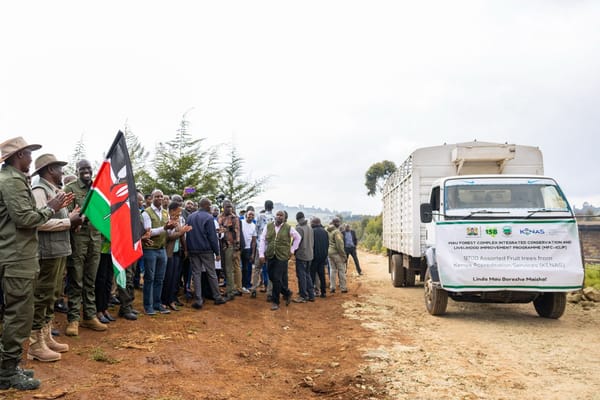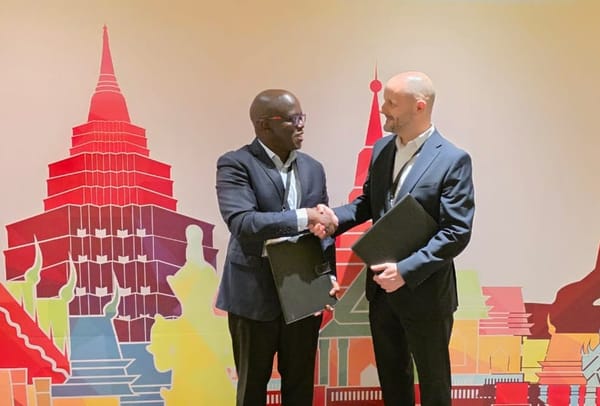KENAS and BSI Host Workshop on Accreditation and Sustainable Operations of Inspection Bodies

Kenya Accreditation Service (KENAS), in collaboration with the British Standards Institute (BSI) Standards Partnership Programme, hosted a pivotal workshop on the role of accreditation in the sustainable operation of inspection bodies. This event underscored the vital role of accreditation in enhancing Kenya’s industrial and trade sectors while aligning with global sustainability and competitiveness goals.
The BSI Standards Partnership Programme, an initiative by the UK Government and BSI, aims to promote trade and sustainable growth in developing economies through the adoption of international standards. This partnership set the stage for the workshop, highlighting the importance of accreditation in ensuring reliability, integrity, and professionalism in inspection and laboratory operations.
Workshop Insights and Highlights
The workshop brought together 36 participants from KENAS-accredited conformity assessment bodies. Ms. Lucy Namu, Chief Manager Laboratories at KENAS, represented the KENAS CEO and emphasized the responsibility of inspection bodies and laboratories to uphold professional judgment and impartiality. “These principles are the cornerstones of trust in our services,” she noted.
Representing the Principal Secretary for Industry, Ms. Brenda Ndiema stressed that accreditation builds robust Quality Infrastructure (QI), ensuring credibility and reducing costs associated with re-inspections. “Accredited inspection bodies and laboratories enhance Kenya’s global competitiveness by operating with integrity and transparency,” she remarked. She further highlighted that strong quality assurance systems bolster investor confidence, positioning Kenya as a leading investment destination.
Client Experiences and Insights
The workshop featured valuable contributions from participants sharing their accreditation journeys. Kenya Airways discussed its challenges in gaining top management support, which delayed its accreditation by six years. They advised early engagement with accreditation standards and bodies during procedural development to streamline the process.
The Directorate of Occupational Safety and Health Services (DOSH) emphasized the significance of international recognition, citing accreditation as crucial for verifying inspection results. DOSH, which outsources services such as plant inspections, air quality monitoring, and hygiene surveys, underscored that “safety does not have an expiry.”
Isuzu East Africa shared their efforts to establish an accredited inspection body as a legal entity, stressing the importance of accreditation in coordinating with international frameworks like ILAC, IAF, and AFRAC.
Breakout Session Outcomes
The workshop included breakout discussions that identified critical areas for improvement, including:
- Strengthening Inspector Protections: Inspection bodies should safeguard inspectors through robust contracts, operational guidelines, and support mechanisms.
- Risk Management: Operational risks (arising during activities) and risks to impartiality (arising before activities) should be distinctly documented with appropriate control measures.
- Building Relationships Beyond Agreements: Strong partnerships between inspection bodies and stakeholders should extend beyond formal agreements to ensure sustained collaboration.
- Mitigating Risks: Both real and perceived risks must be thoroughly documented and addressed to maintain trust and reliability.
The Path Forward
The KENAS and BSI workshop provided invaluable insights into the challenges and opportunities in accrediting inspection bodies. Accreditation remains a cornerstone of Kenya’s Quality Infrastructure, fostering trust, minimizing risks, and supporting sustainable growth. By adhering to international standards, accredited bodies play a critical role in reducing the need for costly re-inspections and enhancing the competitiveness of Kenyan industries in global trade. As Kenya continues to position itself as a premier investment destination, robust accreditation systems will be instrumental in building investor confidence and delivering high-quality goods and services.



